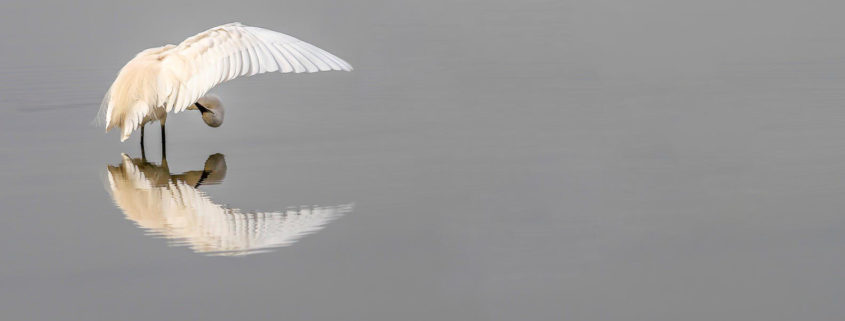Most bird owners soon realize that stress can cause both physical and psychological damage to birds. However, over the years we have learned that many persons are not aware of what exactly causes stress in birds. It is wise for pet owners to take stress seriously, educate themselves concerning the causes, and apply that knowledge to their own situation to prevent health problems. The following is a list of stress causing factors in a birds life.
- Getting a new pet.
- A new family member (i.e. a baby, mom comes to stay, new room mate, etc ).
- Getting a new cage.
- Rearranging the room, furniture, or moving the cage to a new room.
- Renovation in the home involving rearrangement, noise , power tools, strangers coming and going.
- A new cage mate, or an incompatible cage mate.
- Changes of color surroundings (i.e. new paint wallpaper).
- Poor diet causing deficiencies, or excesses, or any nutritional imbalance.
- Possible genetic factors ( nervousness can be hereditary).
- Medication ( the administering of the medicine or the taste of it).
- Infection (bacterial or fungal ) or disease ( curable or terminal and not always apparent to an untrained eye).
- Indigestion.
- Metabolic disorder (determinable by an avian veterinarian).
- Nervous system disorder (determinable by an avian veterinarian).
- Exposure to toxins (pesticides , herbicides , or other pollutants).
- Ingestion of a toxic substance
- A food intolerance or allergy to a specific ingredient (preservatives, sugar, salt, artificial colors).
- Contaminated or stagnant water.
- Poor hygiene (dirty cage, dishes not properly washed on daily basis infrequent bathing).
- Lack of physical exercise.
- Sorrow (loss of mate or owner).
- Social stress (insecurity caused by inconsistent attention , or loneliness).
- An erratic hit and miss feeding schedule (birds experience hunger as fear.
- Fear itself (exposure to hostility , witnessing a violent act, shouting).
- Weaning trauma (caused by too hurried forced weaning to increase profits).
- Over stimulation (too much or too rough play , too many new toys in cage at once).
- Improper or insufficient light.
- Breeding frustration (often resulting from seasonal changes, or inappropriate egg or chick removal).
- Travel (does not apply to all birds, but some birds do not travel well at all).
- Moving to a new home.
- Boredom.
- Disturbance by rodents, insects, wild birds or animals, or other pets
- A singular traumatic event even later on in life can cause significant psychological damage (such as improper wing clipping,
- being restricted too rough with a towel).
- Inability to adjust to domestication (applies mainly to wild caught birds and such birds are very uncommon).
- Insufficient rest or sleep deprivation (often leads to illness).
- Improper wing clip (wing clipping is an exact science and even a slight miscalculation can cause extreme stress in birds,
- especially if the bird has never been clipped).
- Misprescribed antibiotics or other medicines
- Unsteady or improperly secured perches
- Wrong shape of cage (such as parrots and small hooked bills do not respond well in small round cages)
“Article by Victoria Ballard”





Leave a Reply
Want to join the discussion?Feel free to contribute!